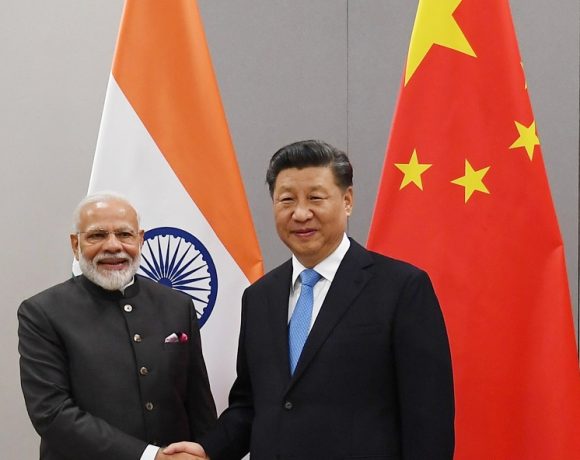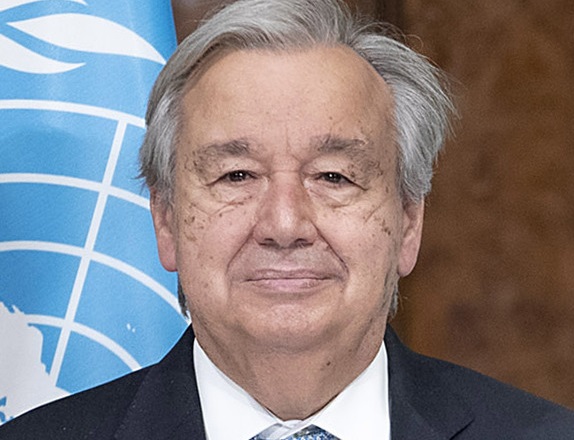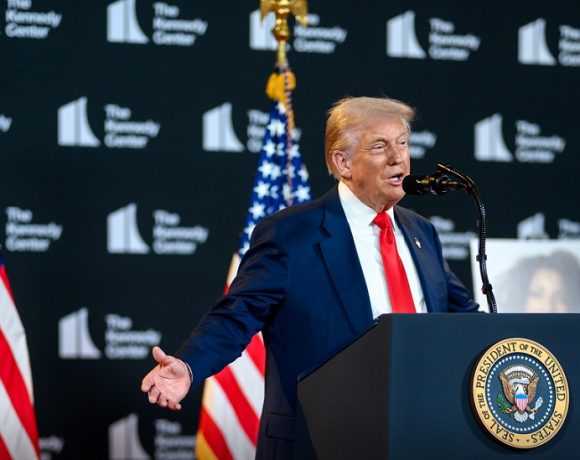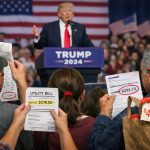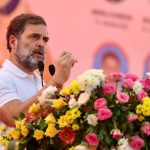
Rubio Meets China’s Wang Yi, Calls Talks Positive
U.S. Secretary of State Marco Rubio met Chinese Foreign Minister Wang Yi on July 11 in Kuala Lumpur during the East Asia Summit and ASEAN Regional Forum. This was their first in-person meeting since Rubio took office earlier this year, marking a key step in resuming diplomatic communication amid growing tensions between the two nations.
Constructive Exchange Amid Tensions
Rubio described the meeting as “constructive and positive,” saying that while disagreements remain, both countries should focus on stable cooperation. He said the U.S. and China must manage their differences and find common ground, particularly in areas such as regional stability and economic resilience.
Wang Yi, however, strongly criticised recent U.S. tariff hikes, calling them acts of “unilateral pressure” that threaten global trade stability. He urged the U.S. to roll back what China sees as unfair trade practices that disrupt supply chains and economic growth in the Asia-Pacific region.
Tariffs and Trade in Focus
The U.S. has recently imposed higher tariffs, ranging from 25% to 40%, on multiple Asian countries, including China. These measures are part of Washington’s effort to reduce dependence on Chinese manufacturing. China, in turn, views them as protectionist and politically motivated.
Other Key Issues: Russia and Taiwan
Rubio also raised concerns about China’s continued support for Russia during the Ukraine conflict and reiterated America’s support for the sovereignty of Taiwan. He noted that while the U.S. will continue engaging its Indo-Pacific partners, diplomacy with China remains important.
He hinted that a meeting between President Trump and President Xi Jinping is likely before the end of the year, depending on the progress of trade and security discussions.
Message to ASEAN and Allies
Rubio also held meetings with counterparts from Japan and South Korea, underlining the U.S. commitment to regional security, supply chain diversification, and economic cooperation. His visit was aimed at reassuring ASEAN member nations that despite current trade friction, the U.S. remains a dependable partner in the Indo-Pacific region.


